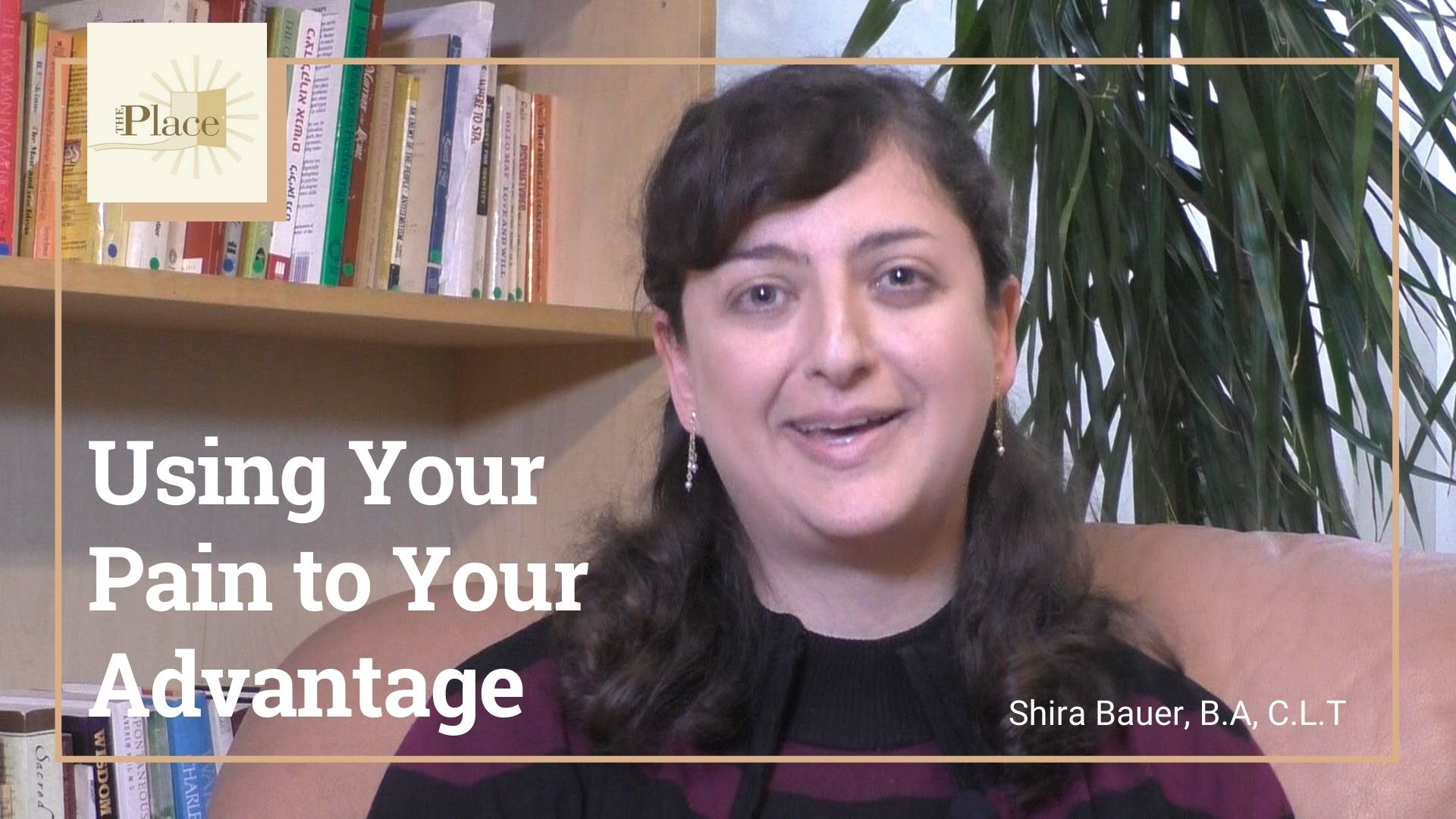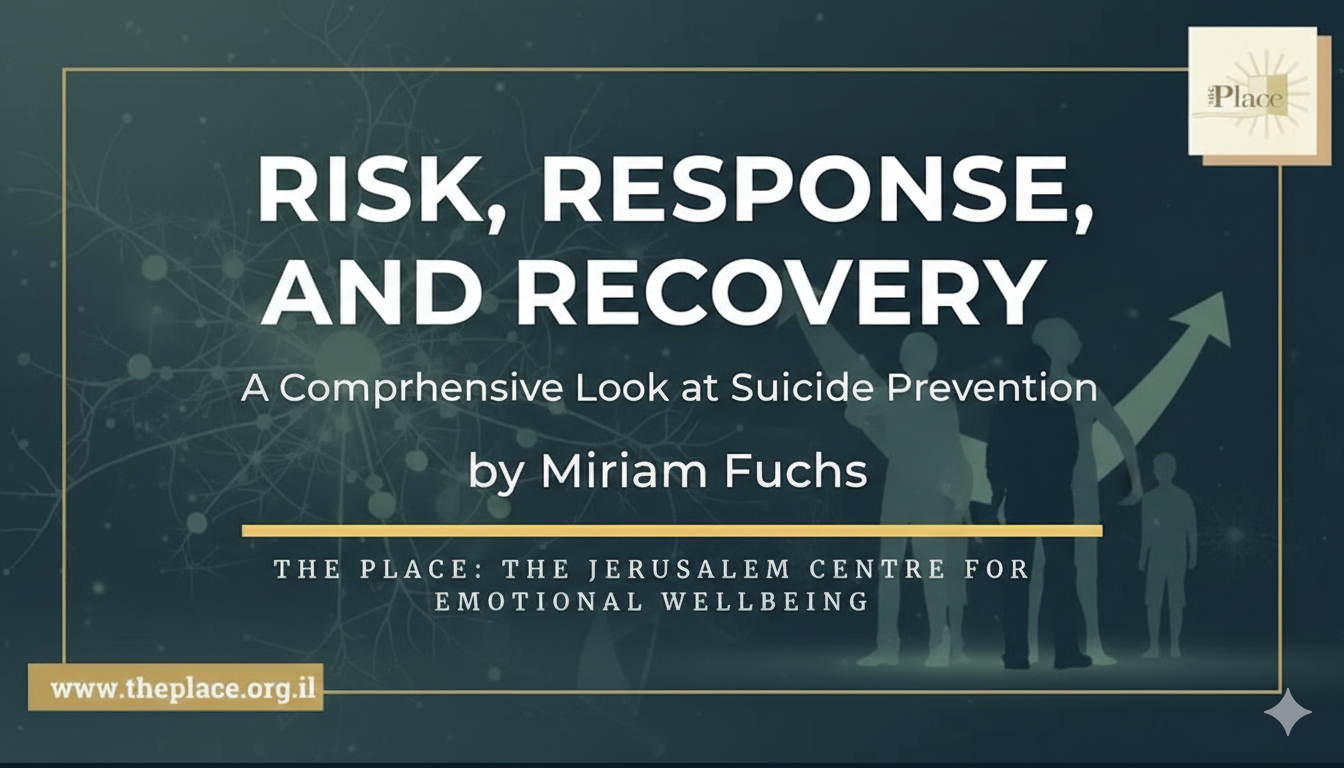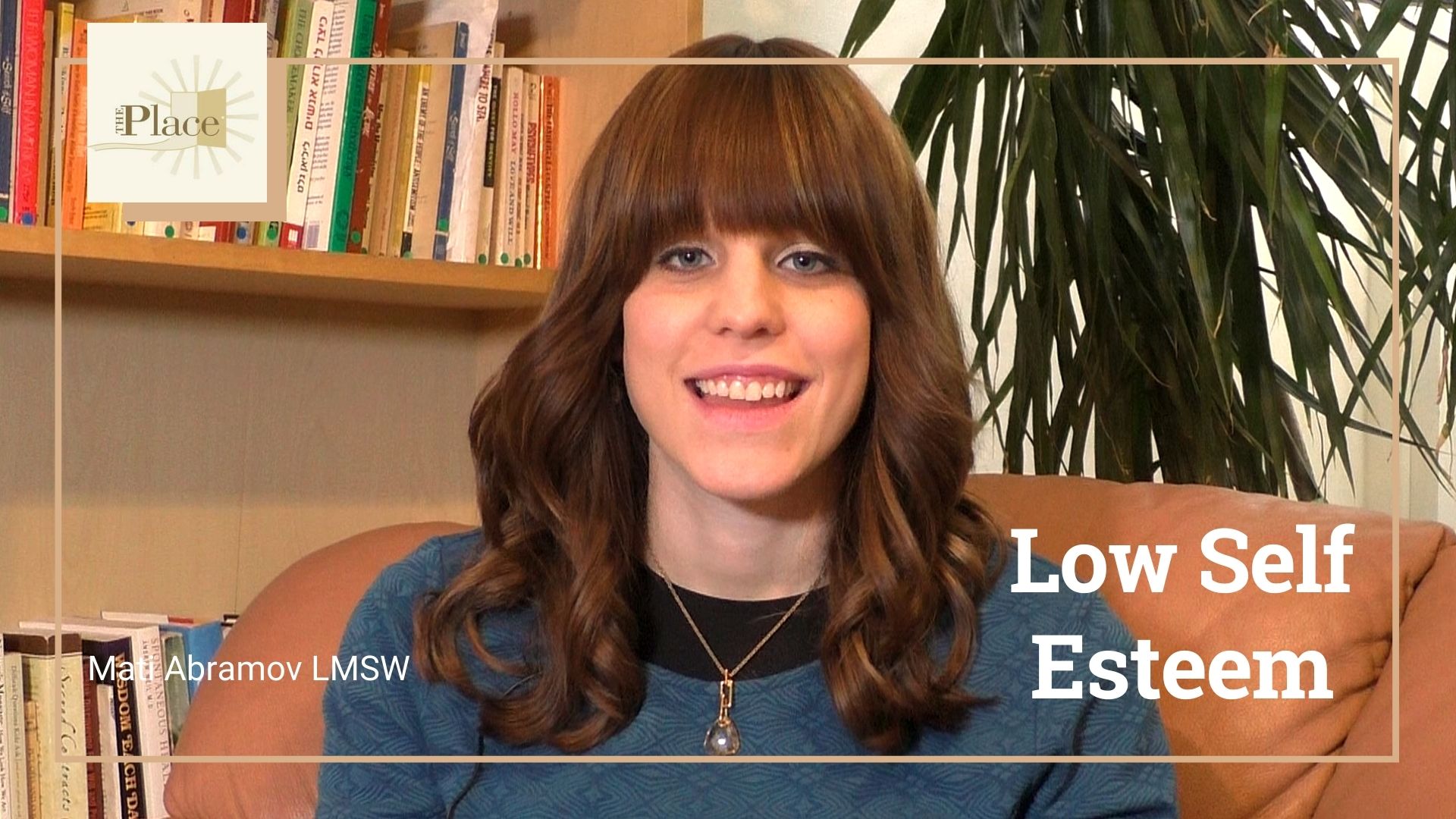There are five stages of normal grief in which one spends different lengths of time working through each step. The five stages do not necessarily occur in any specific order. We often move between stages before achieving a more peaceful acceptance of death.
Denial and Isolation
This stage includes feelings of shock, numbness, and disbelief. When loss first comes, most of us have a hard time believing “this is really happening.” It’s not that we‘re denying that the death or loss has actually occurred, but rather, it’s a sense of, “I just can’t believe this person I love isn’t going to walk through that door anymore.” Yet, the feelings of this stage also protect us. If we were to take in all the emotion related to the loss right away, it would be too overwhelming. Instead, our body and mind have a little time to adjust to the way things are now without the deceased. Part of the “denial” stage is also to tell our story over and over—one of the best ways to deal with trauma, and also a way for us to make it real. Eventually, we may begin asking questions such as, “How did this happen,” or “Why?” This is a sign that we are moving out of the denial phase and into the feeling and healing process.
Anger
Anger can present itself in a variety of ways—anger at your loved one, at others, at God, at the world, at yourself. Anger can also be a difficult emotion to cope with. Some will express anger easily and toward anyone or anything, but many of us will suppress the anger instead, keeping it bottled up or even turning it inward, toward ourselves. Anger turned inward is guilt—guilt that we “should have done something,” or even guilt that we feel angry toward the deceased. But anger is a natural response to loss. And if we’re able to identify and label our anger, it can help us express it in healthier ways that don’t hurt others or ourselves. Saying, “I’m angry,” and letting yourself feel that anger is part of the healing process.
Bargaining
With bargaining, there’s a sense that we just want life back to the way it used to be. We wish we could go back in time, catch the illness sooner, see something we didn’t see. We may also feel guilty, focusing on “If only…” Bargaining can begin before the loss occurs or after. If the death or loss was anticipated, such as in the case of illness, bargaining may have been going on for a while—we bargain with God to please “spare” our loved one; we say we’ll “do anything” to keep them here. If the death or loss was sudden, we may wish we could bring them back or go back in time and change things. Bargaining keeps us focused on the past so we don’t have to feel the emotions of the present. But bargaining can be helpful too. Once we accept that our loved one is dying, we can use bargaining to ease our minds and theirs, praying for a “peaceful passing.” Or once they have passed, bargaining can help us focus on the future as we pray to “be reunited with them someday.”
Depression
Eventually grief will enter on a deeper level, bringing with it intense feelings of emptiness and sadness. We feel like we don’t care about much of anything and wish life would just hurry up and pass on by. Getting out of bed can be a huge burden, exhaustion and apathy can set in, and we may begin to wonder, “what’s the point?” for pretty much everything. Others around us may try to help get us “out” of this “depression,” but it’s important to know that this isn’t a mental illness—it’s a natural response to loss. It’s not a clinical depression we’re experiencing, but rather bereavement and mourning, and the emotions of depression must be experienced in order to heal. We have to let ourselves feel the pain, loss, grief, and sadness, hard as it may seem. As Kubler-Ross encourages, “Make a place for your guest. Invite your depression to pull up a chair with you in front of the fire, and sit with it, without looking for a way to escape. Allow the sadness and emptiness to cleanse you and help you explore your loss in its entirety.This part of the grief process can last for some time—there’s no set “time limit” for the emotions of grief. So be patient with yourself, and remember that feeling the “depression” is the way out of it.
Acceptance
The experience of “depression” is what leads to “acceptance”. Many people mistakenly believe that “acceptance” means we are “cured” or “all right” with the loss. But this isn’t the case at all. The loss will forever be a part of us, though we will feel it more some times than others. Acceptance simply means we are ready to try and move on—to accommodate ourselves to this world without our loved one. This process can actually bring us closer to the one we loved as we make sense of how life was and process how we want life now to be.
There is no set timetable to grief, rather, all of these staging models are meant solely to help you understand some of the commonly experienced emotions and changes that may encounter.
About The Place
The Place is where therapists, individuals and the community connect to create safety, strength and success. At The Place, men and women discover the freedom and safety to move past those issues which are preventing them from living life to its fullest. Our goal is to help each of our clients discover his or her own strengths as powerful tools in the healing process.
The Place is a multi-faceted clinic offering both individual and group therapy, support groups, interactive evenings and lectures, educational classes, and drop-in hours. Our comfortable, confidential, relaxed environment allows clients and their families to explore sensitive issues and create positive change. We believe that the key to mental health and emotional well-being is inside you.
At The Place, male and female therapists work independently or as a team to explore sensitive issues and facilitate positive change for individuals, couples and families from all sectors of the community. Some of our specialties include emotional eating, grief counseling, internet addiction, phobias, anxiety & OCD, childhood challenges, premarital counseling, couples therapy and intimacy issues, postpartum support, personality disorders, psychiatric care, and more. Connect with a caring professional in person at our comfortable Jerusalem offices, or by video, phone, and text. We’re here for you.
Contact Us
Email info@theplace.org.il
Phone (02) 581 8299
Whatsapp 054 260 1468
Social Media
Website:
https://theplace.org.il/
Facebook:
www.facebook.com/theplacejerusalem/
Instagram:
www.instagram.com/theplacejerusalem/






